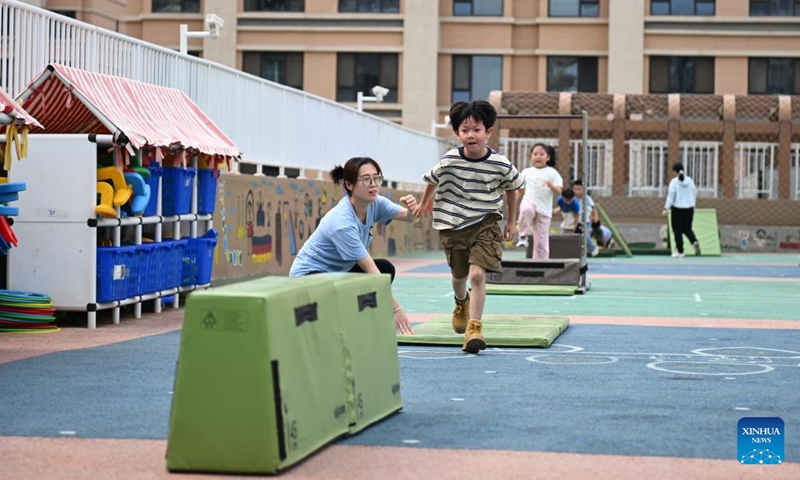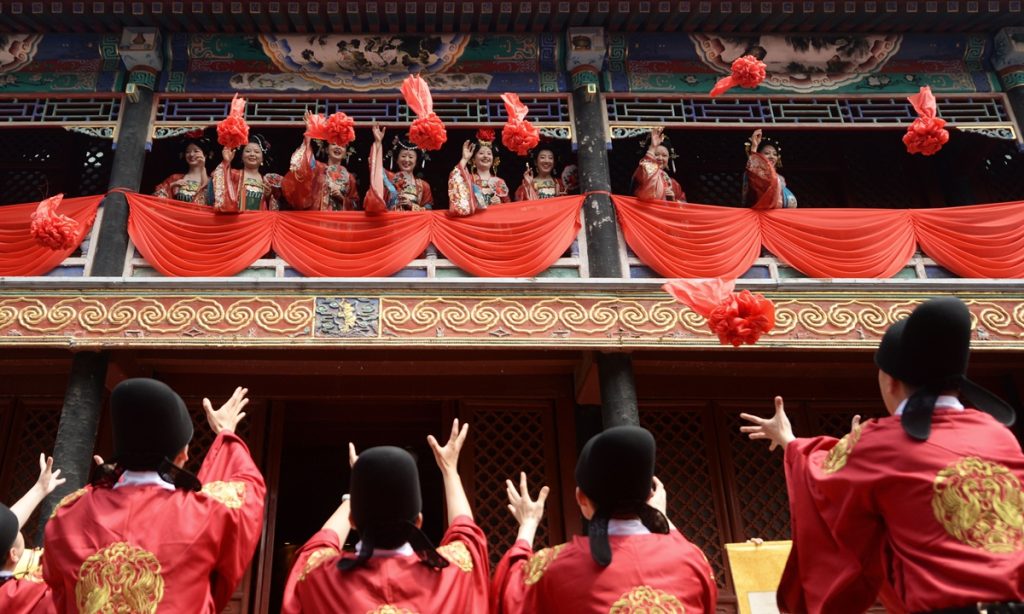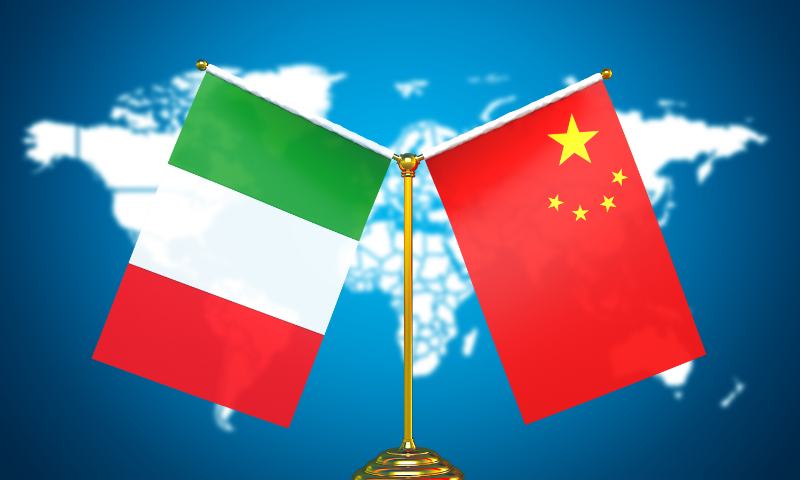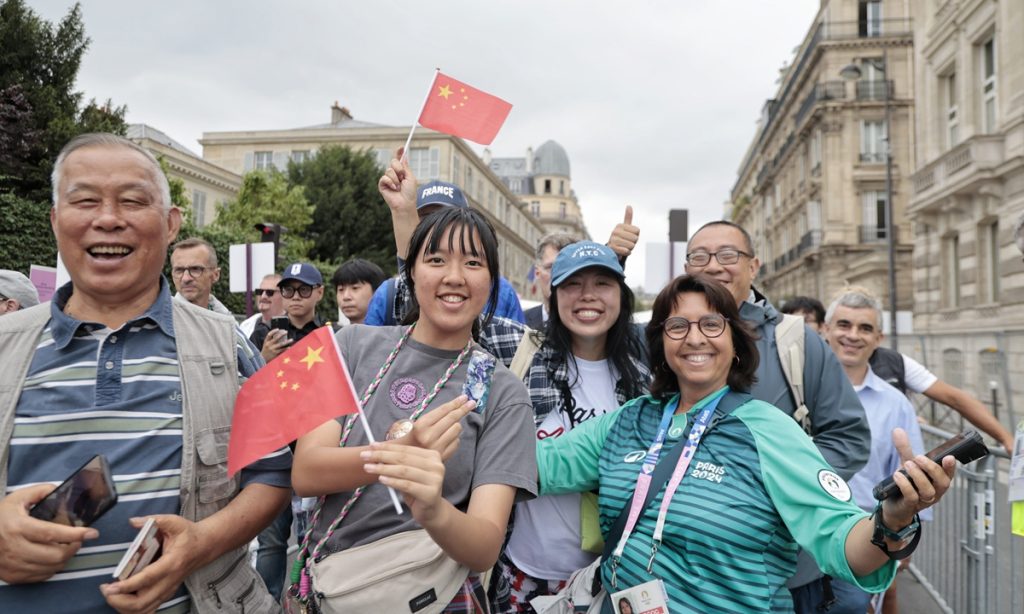Exclusive: Possibility of new pandas breeding babies in HK promising: official

The possibility of the new pair of pandas breeding baby pandas in Hong Kong is promising thanks to advancements in technology and a better understanding of the endangered animal, an official from the China Conservation and Research Center for the Giant Panda, told the Global Times, saying that preparation work for sending pandas to Hong Kong is still underway.
John Lee, Chief Executive of Hong Kong Special Administrative Region (HKSAR), revealed on July 1 that the central government would be sending a new pair of giant pandas from the China Conservation and Research Center for the Giant Panda to Hong Kong to mark the 27th anniversary of the city's return to the motherland, adding that the two pandas would arrive within months.
Lee said the HKSAR government has told central government that hopefully the new pair of giant pandas gifted to Hong Kong will be young adults, healthy and strong, and can give birth to the next generation in Hong Kong. Previously, the National Forestry and Grassland Administration has agreed to send a pair of giant pandas aged around five to eight years old after considering Hong Kong's request.
Li Desheng, deputy director of the China Conservation and Research Center for Giant Panda believed that it is highly possible that the pair of giant pandas being sent as a gift to Hong Kong will be able to breed.
Li said in an interview with the Global Times that his team has carefully considered various factors such as the pandas' physical health, genetic background, and temperament when selecting the giant pandas. He noted that selected pandas, aged between five and eight, have reached sexual maturity, and as long as they can adapt to their new environment, they can successfully breed.
Moreover, Li said the advance of technology and deeper understanding of the endangered animal will also help.
The first pair, male An An and female Jia Jia, arrived in the city in 1999 to celebrate the smooth establishment of the One Country, Two Systems. Ying Ying and Le Le were the second pair that the Chinese mainland gifted to Hong Kong in April 2007, sparking a "panda fever," drawing a crowd of 35,000 visitors when they made their official debut to the public at Ocean Park.
According to Li, his center has conducted fruitful cooperation with Hong Kong in taking good care of the giant pandas in the city, but it is still a pity that the previous two pairs failed to breed baby pandas.
The panda expert in Sichuan said that the preparation work for sending pandas to Hong Kong remains underway, with an arrival date yet to be set.
Hong Kong's Ocean Park, new home of the pandas, will dispatch caretakers to Sichuan to receive training in feeding management, disease prevention and control, and artificial breeding, said Li, adding that the Sichuan center will pass on their years of experience in breeding giant pandas to the experts in Hong Kong.
The Global Times learned at a forum in Hong Kong held this month that the Ocean Park is making final preparations for the new pair, including enhancing their living space and providing innovative digital and immersive experiences for visitors.
Paulo Pong, chairman of Ocean Park, said he is optimistic about the significant economic impact, citing the success of the first pair of pandas in attracting visitors.







